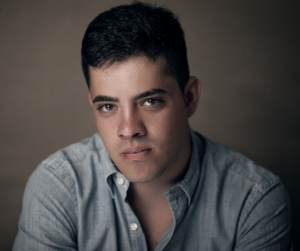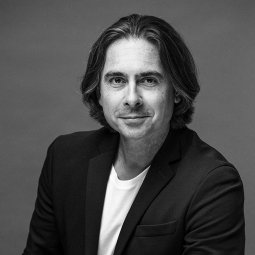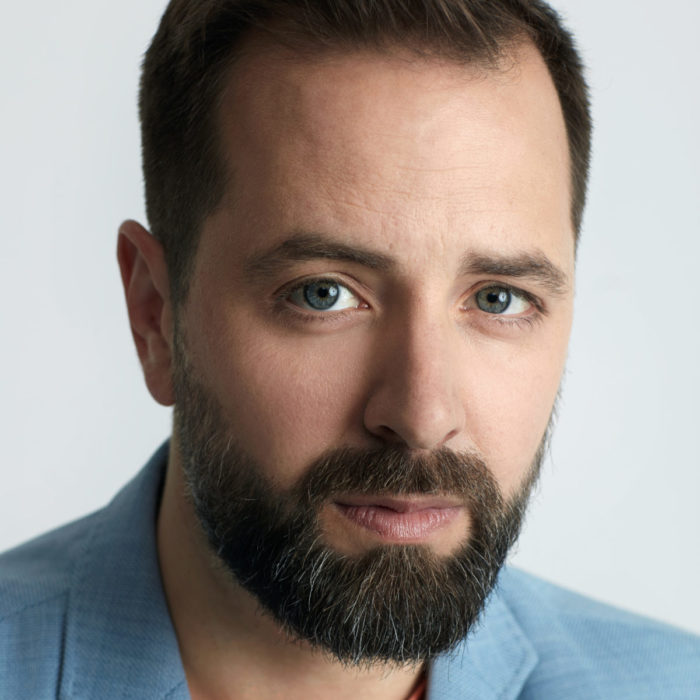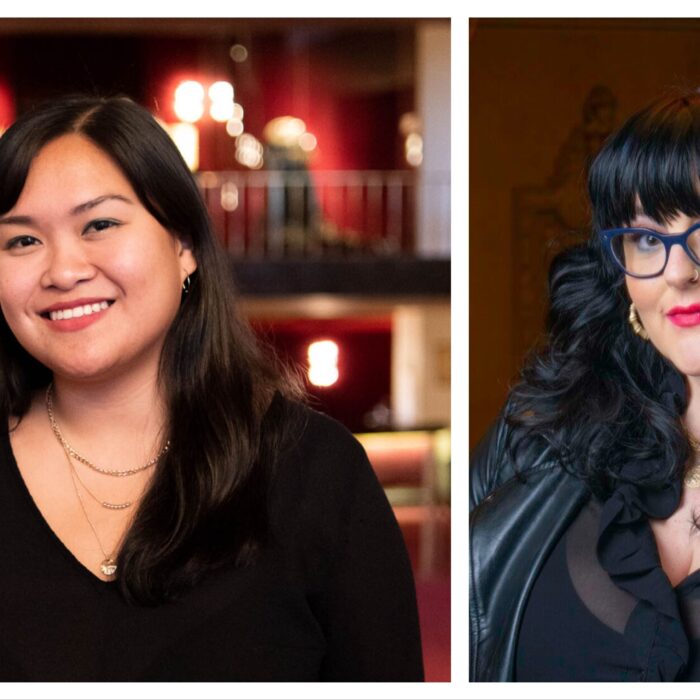
Q & A: Pietro Adaíni on His Life with Rossini & the Rossini Opera Festival in Pesaro
By Bob DieschburgTenor Pietro Adaíni knows his Rossini; the voice has an ethereal touch, with quick tops and loads of definition that make this Sicilian native tackle his coloraturas with nonchalance and an unusual air of ease.
But there is more: Adaíni resonates with audiences. Like his role model Pavarotti, he communicates swiftly and, in his delivery, brandishes the proverbial smile.
OperaWire met with the 31-year-old singer and in between a run of “La Cenerentola” and the “Messa di Gloria” talked about the music of Rossini, its pitfalls and exceptionalism, and the Rossini Opera Festival in Pesaro.
OperaWire: You grew up in Catania, the hometown of Vincenzo Bellini. Were you predisposed to a career in opera?
Pietro Adaíni: Not at all. My grandmother was the only person in my family to have had some sort of musical vocation and as a child I used to playfully sing with her. Only when I was in highschool did I discover my own passion thanks to a clip of Pavarotti singing “Nessun Dorma” at a concert of the Three Tenors, I believe. Since then, I was very fortunate to have had the support of my family and of my first teacher, a former choir singer from Catania, who encouraged me to pursue an operatic career.
OW: Luciano Pavarotti has, so to speak, lit the spark. Does his example still guide you?
PA: Yes, Pavarotti has always been a paradigm to me. But there are other tenors whom I look up to: Giuseppe di Stefano for his phrasing and Alfredo Kraus to whom I can relate in terms of vocal technique. Then there is Juan Diego Flórez who has shaped the Rossini operas like few others have; and, for a repertory other than mine, Franco Corelli, one of my all-time favorites.
OW: I would like to circle back to Bellini: what part did his music play in your formative years?
PA: Bellini personifies all the attributes of the Bel canto era at their finest. Early in my career I had the chance to study some of his arie da camera before debuting in “La Sonnambula” at the Teatro Regio in 2019. It is true, however, that Bellini’s operas are underrepresented both in Italy and abroad. The reasons, I think, are twofold: first, he died too young and second, his notion of a tenor is historically different from our current notion which precludes us, in most cases, from using the falsetto voice. In the early 1800s, this would not have been an inconvenience and tenors would resort to a falsetto to hit the High F in “Credeasi misera.” But differences aside, I would love to sing more Bellini and hopefully, there will be a revival of his music thanks to foundations and editorial work.
OW: The works of Rossini, on the other hand, have been actively promoted since the creation of the Rossini Opera Festival in 1980. They are also at the very center of your engagements. Where does this fascination come from and why is Rossini essential to any season plan?
PA: Rossini is unlike any other composer. His virtuoso style with devices like the so-called Rossini crescendo can make his music seem very abstract, more so than the music of Verdi or Puccini. Yet he also has an uncanny ability to provoke laughter – in spite of the rigorous discipline which his operas, both comedies and tragedies, impart on the performers. If Rossini’s notations are closely followed, you are guaranteed a masterpiece. The magic of his music operates through a communal effort and, again, is situated on a more abstract level than in a score by, for instance, Puccini. The latter readily expects his audience to identify with the characters on stage. Rossini, on the other hand, asks for some distance, as if his virtuoso style was the vehicle for his musical exceptionalism. It would be wrong to take him for granted and I personally do not believe opera houses should do without at least one Rossini title per season.
OW: What are the technical requirements to become a Rossini tenor?
PA: First and foremost, a Rossini tenor needs to be able to sing coloratura, that is coloratura legata. He needs to transition between notes seamlessly and with apparent ease by avoiding, for example, any signs of aspiration, notably the interpolated “h.” Not everyone shares the same technique and some vocal types may be more adapted to Rossini’s writing than others. Common to all voices, however, is the challenge to efficiently manage your breath. Singing Rossini is, to some extent, like walking the tightrope; if you find the right balance, the music will carry you.
OW: Can you give an example?
PA: Yes, I myself like to close my eyes sometimes and the music will make me feel weightless. To be sure: Rossini never fails to make his intentions known.
OW: You are scheduled to perform the role of Ermanno in “L’equivoco stravagante” at the Rossini Opera Festival 2024.
PA: I am very much looking forward to my debut as Ermanno. It is a very graceful part and the production by Moshe Leiser and Patrice Caurier is a sheer delight.
OW: You performed at the Rossini Opera Festival for the first time in 2016. In 2020 you returned as Count Libenskof in “Il Viaggio a Reims” and have since become a regular in Pesaro. What does the Festival mean to you?
PA: The Rossini Opera Festival is a superlative organization: from its very high musical standards to the opportunities it gives to young singers, like myself, to perform with internationally acclaimed casts and conductors. For example, when I debuted in 2016, I was a recent graduate from the Accademia Rossiniana “Alberto Zedda.” The Accademia and the Festival are intricately linked and I was particularly fortunate that the Festival’s intendant, Ernesto Palacio, is also my mentor. Finally, the Rossini Opera Festival is a fixture of the festival season. It defines the way Rossini should be sung; in this sense, the public can expect the highest quality.
OW: Are there any roles you would like to add to your repertoire?
PA: In my current repertoire I would love to sing the part of Corradino in “Matilde di Shabran” which, if I am not mistaken, was last performed in Pesaro in 2012. I could also see myself debut in Rossini’s “Otello” or even “I Puritani.” The latter has the dreaded High F but is suited to my voice type otherwise.
OW: How about roles outside the Bel canto period?
PA: To be honest, I do not believe the time is right for me to go beyond Rossini and the Bel canto operas; I also do not want to. They still have so much more to tell and vocally, I feel comfortable with their music.
OW: Not only the Rossini Opera Festival is safeguarding Rossini’s works. Their renaissance arguably started with singers like Maria Callas. Are we still living this renaissance and how do you envision the future of Rossini and the Bel canto composers?
PA: There is no easy answer to this, unfortunately. The Festival and its glowing resonance give me hope for the future; but when I am traveling abroad, Rossini and the Bel canto still occupy a marginal position on the playbills. You will find the occasional “Barbiere,” “La Cenerentola,” and “L’italiana in Algeri.” The lesser known works are nearly absent because they potentially come at a financial risk. All in all, however, I am optimistic about the resonance which opera generates. Pesaro, by the way, is the Italian Capital of Culture 2024 and will likely attract even more visitors to our Festival. They will learn about Rossini and take these experiences back to their home countries. So yes, I look with confidence towards the future!


